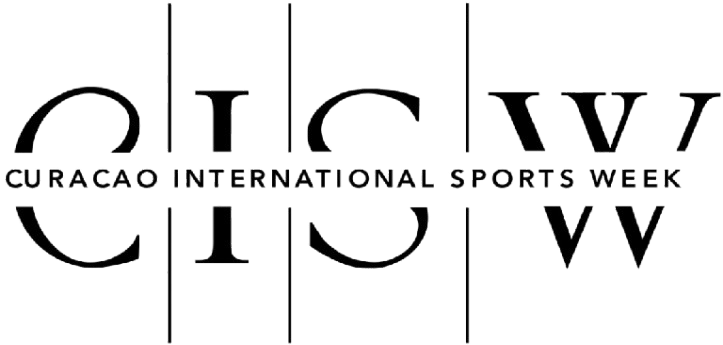In a strong commitment to cultural heritage, historical preservation, and urban vitality, Jedrek Magdalena has announced his firm stance on maintaining and modernizing the iconic Stadion di Rif (Rif Stadium) instead of demolishing it.
Recognizing its deep historical significance, cultural value, and economic impact, Magdalena has presented a comprehensive plan to revitalize this crucial area in the heart of the city.
“Stadion di Rif is more than just a stadium—it is a living testament to our history and identity,” Magdalena stated. “Removing it would mean erasing a part of our history and culture. Instead of demolishing it, we must invest in its modernization and expansion.”
For decades, Stadion di Rif has served as a hub for sports and culture. Across the world, city centers thrive around sports arenas, like Madison Square Garden in New York and Santiago Bernabéu in Madrid. Urban stadiums bring numerous benefits, including economic growth, cultural prestige, and vibrant city energy.
Furthermore, keeping Stadion di Rif in its current location ensures that the downtown area remains lively and well-connected to the community. Studies show that urban stadiums and cultural centers attract more foot traffic to restaurants, shops, and small businesses, creating a prosperous ecosystem that benefits the entire community. Cities like Chicago, with Wrigley Field, and London, with Wembley Stadium, have demonstrated the power of integrating stadiums into urban centers to stimulate tourism, economic development, and national pride.
“Our future should not come at the cost of our past,” Magdalena added. “We have the ability to integrate modern improvements while preserving the essence of what makes Stadion di Rif so special. Keeping it in the heart of the city is not just about preservation; it ensures that our city remains vibrant, economically strong, and culturally rich.”
Removing the stadium from the city center would be the worst decision for both the history and future of our nation.
Curaçao Chronicles

